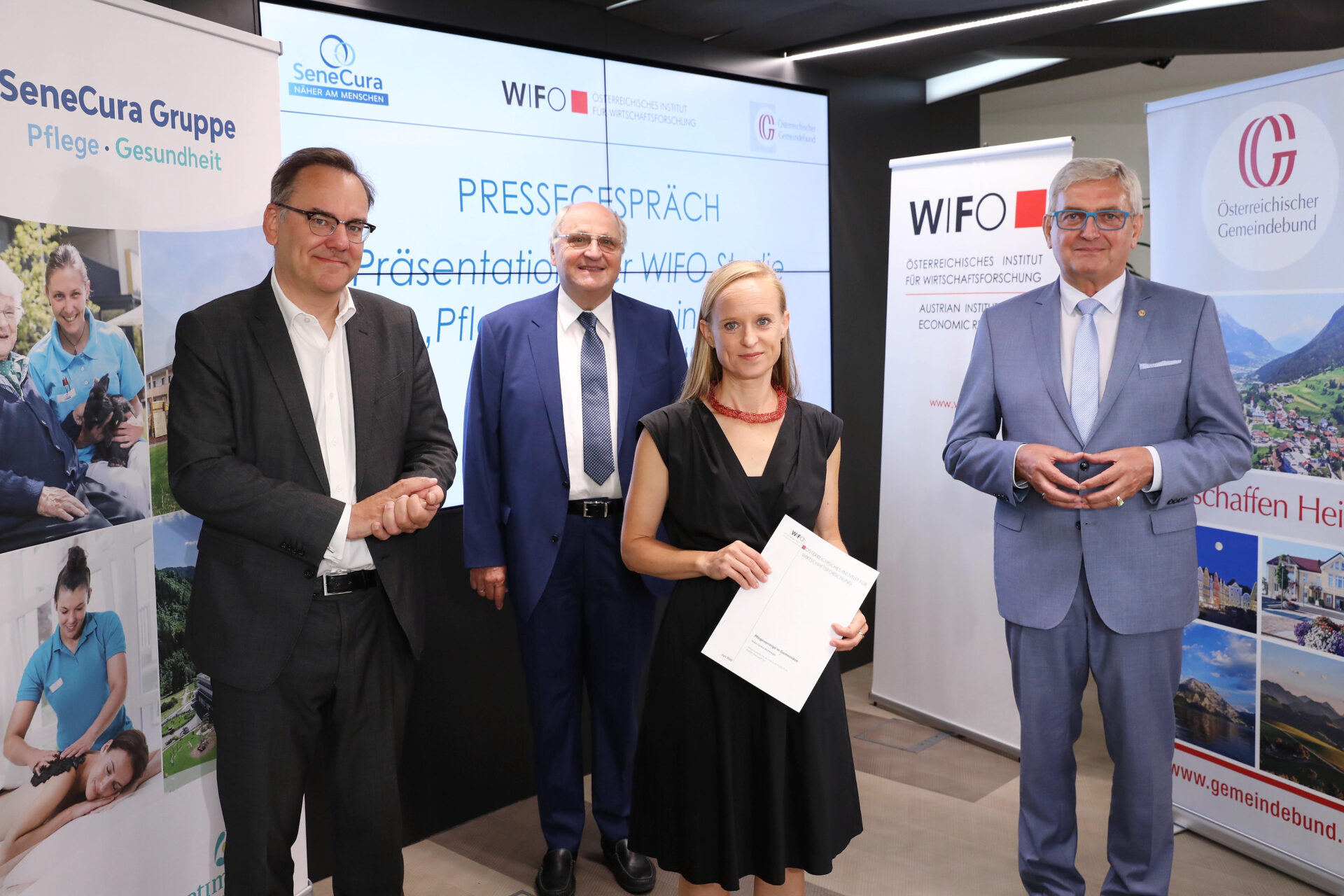
Long-term Care Provision in Municipalities
The survey, in which 649 municipalities (and thus 31 percent of the local communities) took part, showed that from the municipalities' point of view there is a deficit in the coordination of long-term care. On the one hand, a systematic approach to collecting information on the current and future long-term care needs of the local population. And on the other hand, to be able to offer the residents of the community competent information and advice close to their homes. This is where the municipal representatives diagnose a major deficit. As a solution, the establishment of regional long-term care information centres across all Länder finds strong support. On the one hand, these would provide a contact point for comprehensive advice and information on the topic of ageing and long-term care, and on the other hand, they would also be able to monitor and better forecast the development of regional long-term care needs. Improving the planning of demand for care services is seen by 64 percent (Tyrol) to 88 percent (Salzburg) of the municipalities as an important medium-term challenge.
The majority of municipalities do not currently seem to follow a systematic approach to collecting information on the current and future long-term care needs of the local population. This is problematic in two respects. Firstly, those in need of long-term care and their families need contact persons at regional level who is aware of the long-term care support possibilities in a region. On the other hand, information about regional long-term care needs can be used to adjust the range of long-term care services accordingly", says Ulrike Famira-Mühlberger, Deputy Director of the Austrian Institute of Economic Research (WIFO), summarising the findings.
According to the study, a major challenge for long-term care provision in Austria is the extremely complex financing structure with a high degree of interdependence between the regional authorities. "Financing and task responsibilities are distributed between different regional authorities – mostly without joint control, resulting in misdirected incentives and inefficiencies. While the payment of the long-term care allowance is the responsibility of the federal government, long-term care services are mainly financed by the Länder and municipalities," explains WIFO Director Christoph Badelt. According to the survey of municipalities conducted at the end of 2019, 67 percent of the municipalities criticise that, in their opinion, the needs of the municipal level have not been sufficiently considered when it comes to organising and financing care.
Please find the complete press text (in German) of the study presentation here.
A recording of the press conference is available here.
Publications
Please contact























